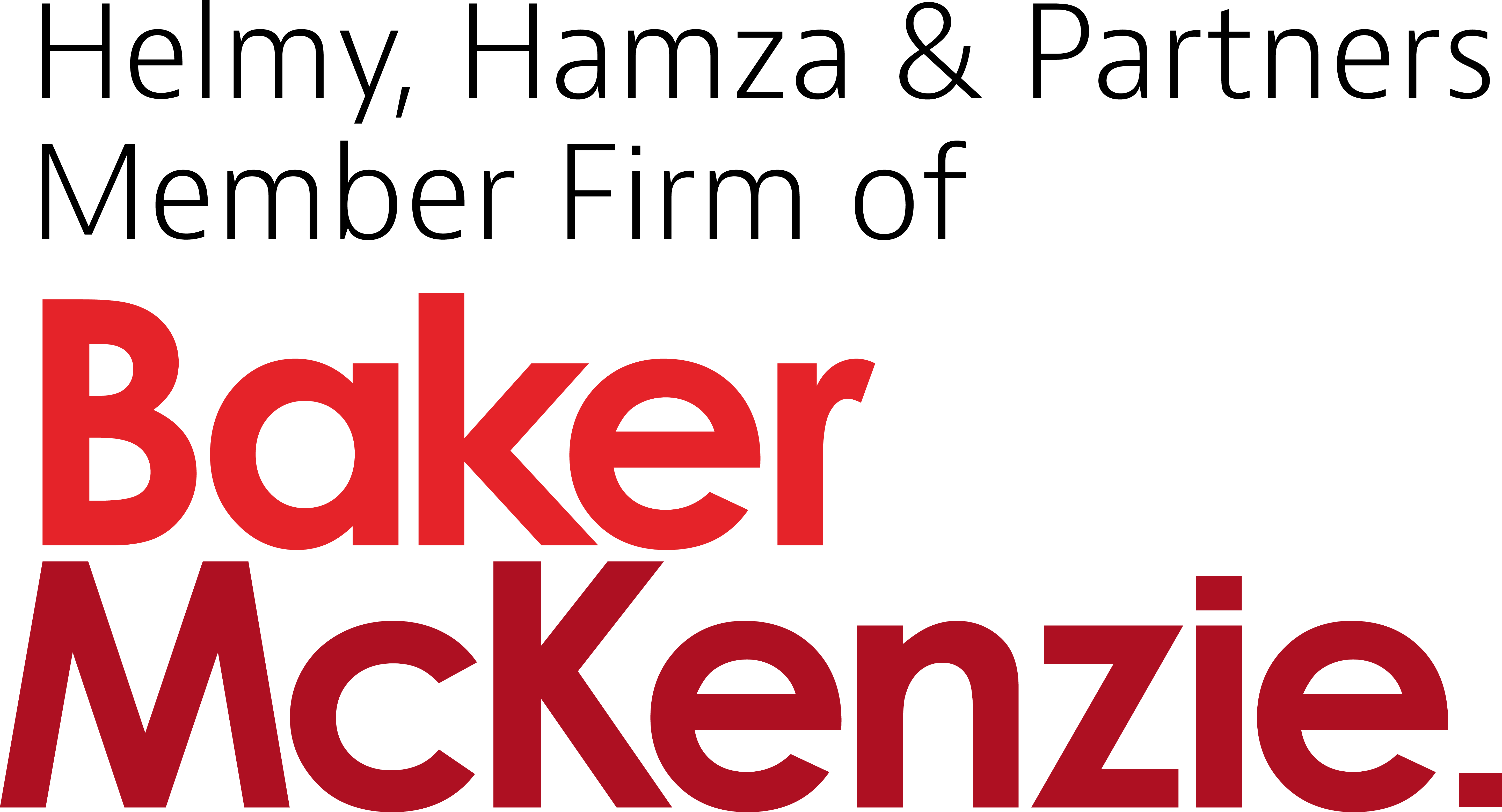In more details
The ER introduces the mechanism and ground rules of the competition regime in Libya, covering several aspects, including jurisdictions and enforcements. We highlight below the main features of the regime.
Jurisdiction and scope of application
The ER applies to all commercial and economic activities, whether operating formally or informally, including online platforms and applications. The Council has the power to review conduct outside the national territory that has a negative impact on the freedom of competition in the market.
The Council has a wide range of powers in order to enforce competition in the market, including, inter alia, initiating market studies and queries to detect violations, investigating anti-competitive conduct, providing an opinion about market prices and draft regulations related to competition. The Council has the power to issue its decisions directly without the approval of the Ministry.
The Cabinet of Ministers has the power to fix prices of goods or services for a maximum period of six months during exceptional circumstances or times of emergency. This would not be considered as anti-competitive and would not be subject to investigation by the Council.
Market definition
The ER highlights that market definition is based on two main pillars: 1) relevant product market and 2) relevant geographic market.
Regarding the relevant product market, if the product can be substituted based on practical and objective criteria from consumer side, it will be part of the relevant product market. The ER lists non exhaustive tests to identify the relevant product market including: operational purposes of the products, consumer decides to shift from purchasing the product in case of change in relative prices or other competitive criteria, barriers to entry and the availability of alternative products.
The relevant geographic market is used to assess the conditions of competition, it can be identified by the ability of the buyer to shift to another geographic area, barriers to entry and transportation costs.
Anti-competitive conducts
Generally, the ER prohibits a wide range of anti-competitive conduct:
Horizontal agreements: direct or indirect price fixing, market allocation, restriction of commercial activities, technology or investment innovation and bid rigging.
Vertical agreements: fixed or minimum resale price maintenance, restricting passive sales and exclusivity in concession agreements. Further, the ER adopts an unusual approach by prohibiting exclusivity in commercial agent agreements. Any agreement that is prohibited by the Law is considered void.
Abuse of dominant position: the ER provides an exhaustive list of prohibited conduct by an undertaking in a dominant position as follows: predatory pricing, refusal to deal, exclusivity, discrimination and withholding products.
It should be noted that if a company holds a market share of above 30% it is presumed to be in a dominant position.
Merger control
The competition regime in Libya prohibits concentrations that lead to a dominant market position or affect the markets. However, the Council specifies a percentage of market share that will be issued by the relevant Minister above which a transaction would be assumed to be anticompetitive. Yet, several exceptions are present in cases of technical or economic innovation, lower production costs or benefits to suppliers in the public interest.
Penalties
Generally, the Law imposed criminal financial sanctions for the stipulated violations. An imprisonment sanction of minimum 6 months could be applicable for individuals who engage in anti-competitive conduct. Regarding merger control, fines for failure to notify a transaction are capped fine at 3% of the annual turnover of the relevant parties, with a possible imprisonment sanction of minimum one year.
Comments
Despite the fact that Libyan Competition Law was introduced in 2010, the enforcement of Competition Law has not been effective. However, with the ER, we expect to see a new stricter enforcement approach by the Council. The Council is actively cooperating with national and regional competition authorities in order to foster effective enforcement; e.g., the Council has signed a memorandum of understanding with COMESA and other authorities. Further clarification on enforcement will appear once the Council starts implementing the new rules.
* * * * *

© 2024 Helmy, Hamza and Partners. All rights reserved. Helmy, Hamza and Partners is a member firm of Baker & McKenzie International, a global law firm with member law firms around the world. In accordance with the common terminology used in professional service organizations, reference to a "partner" means a person who is a partner, or equivalent, in such a law firm. Similarly, reference to an "office" means an office of any such law firm. This may qualify as "Attorney Advertising" requiring notice in some jurisdictions. Prior results do not guarantee a similar outcome.

